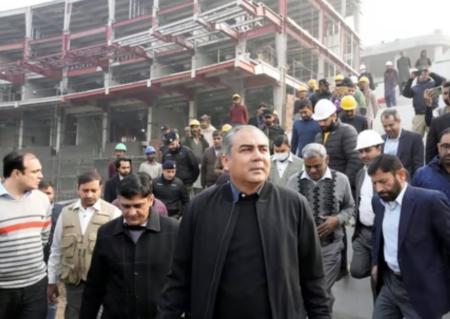FIFA has unanimously approved plans to make available US$1.5bn of funds in the form of grants and loans to help soccer federations around the globe prevail through the coronavirus crisis.
As well as making key decisions on changes to the international match calendar, and announcing that Australia and New Zealand as hosts of the FIFA Women’s World Cup in 2023, the big focus was the emergency relief fund.
The FIFA Covid‑19 Relief Plan, will be administered across three stages. In the first two stages of the plan, FIFA will provide the immediate release of all forward operational‑cost payments to member associations and, subsequently, for the opportunity to transform Forward development grants into Covid-19 operational relief funds – with a minimum of 50% of released funds to be allocated to women’s football.
In stage three, further financial support will be provided through a system of grants and loans:
Grants: a universal solidarity grant of US$1m will be made available to all member associations, and an additional grant of US$500,000 will be allocated specifically to women’s football. In addition, each confederation will receive a grant of US$2m.
Loans: member associations will be able to apply for interest-free loans amounting to up to 35% of their audited annual revenues. In the interest of solidarity, a minimum loan of US$ 500,000 will be available and a maximum of US$5m. In addition, each confederation will have access to a loan of up to US$4m.
Both grants and loans can be directed by member associations to the wider football community in their respective territories, including clubs, players, leagues, or others that have been affected.
Governance model: to ensure effective oversight of the plan, there will be strict controls on the use of funds, audit requirements, as well as clear loan repayment conditions. A FIFA Covid-19 Relief Plan steering committee will also be established to supervise the administration of the scheme.
Olli Rehn, the deputy chairman of the FIFA Governance Committee, has been appointed to lead this committee. He is also the Governor of the Bank of Finland, a member of the Governing Council of the European Central Bank and a former Vice-President of the European Commission.
As a next step, the principles of the plan will be consolidated in a set of regulations to be put forward to the Bureau of the FIFA Council.





